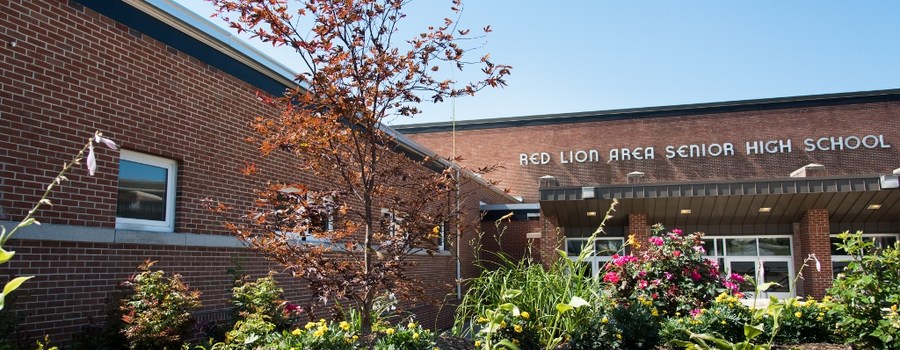I rarely felt comfortable in the streets of Cairo, and I quickly came to associate this feeling with an Egyptian word:
khawaaga. It described how I felt when I walked down my street, Tahrir Street, an important thoroughfare linking my Bab-al-Luq neighborhood in Cairo proper with Giza across the Nile. Lined with tourist traps from restaurants to souvenir shops, walking down my street was a gauntlet of leers and come-ons from shopkeepers, street vendors, beggars and young men in search of a good time. I always went armored with big sunglasses and one earbud in — still able to listen to my surroundings, but enough of a distraction to keep my angry inner monologue from spiraling out of control.
My apartment on Tahrir Street was a refuge, with a revolving door of expat roommates. There was Pip from Australia, doing a gap year internship before law school, and her friend Sylvia, an Italian journalist who crashed briefly on our couch. Then Pip took off for some extended vacations to Ethiopia and across Europe, and while she was gone, Mokhtar stayed in her room.
Tall, slender, soft-spoken, he had come to the United States with his mother and several siblings as refugees from the Somali famine in the early 1990s. Now he was a Fulbright Scholar, studying food and agricultural politics in Egypt and the Horn of Africa. In the months before he moved in, Pip, Mokhtar and I spent quite a few nights at a little street café on tiny pedestrian Al Mahrani Street a couple blocks from the apartment, sipping little cups of coffee or glasses of tea with mint, balanced on rickety little metal tables, he and she puffing away at a sheesha.
We were often joined by friends of his, other Fulbright Scholars and Egyptian university students and young journalists. They would point at other unsteady little tables and tell about this well-known leftist and that provocative artist who were also sipping tea and sheesha with their friends.








